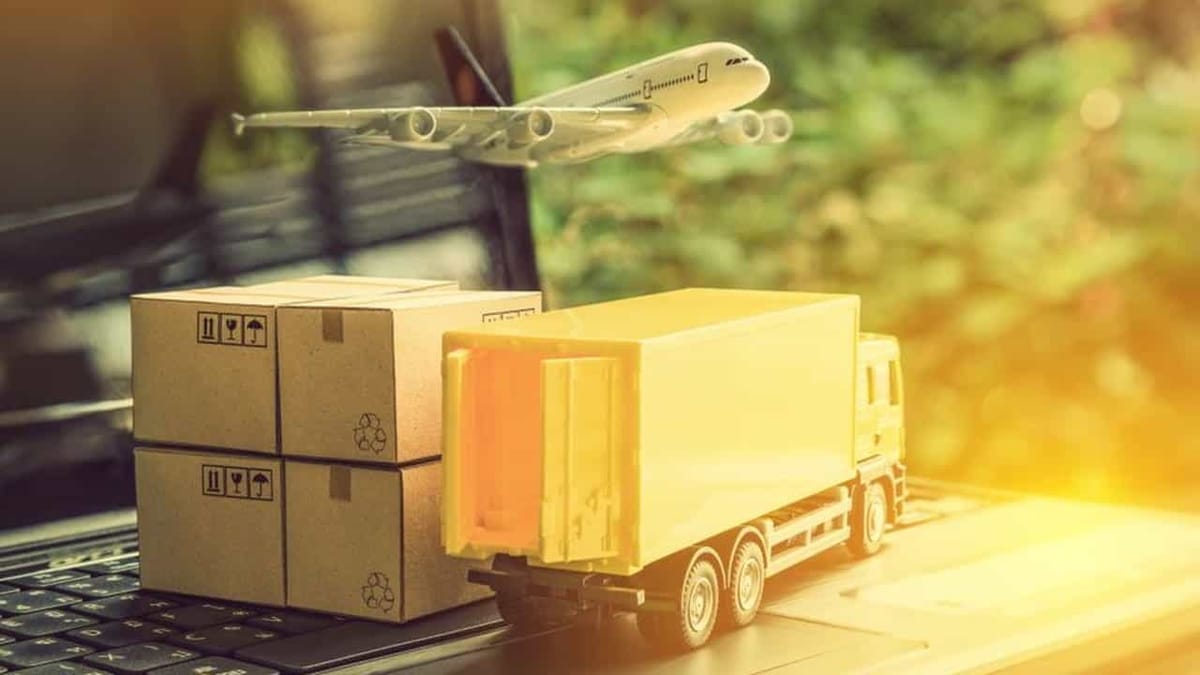Reetu | Dec 10, 2022 |

CBIC Notifies Postal Export Regulations 2022 and implementation of PBE Automated System
The Central Board of Indirect Taxes and Custom(CBIC) has notified Postal Export (Electronic Declaration and Processing) Regulations 2022 and implementation of PBE Automated System via issuing Circular.
The Circular Stated, “In order to leverage the vast network of post offices across the country and enable MSME’s (Micro. Small and Medium Enterprises) to export to global markets using e-commerce or other regular channels. the CBIC in collaboration with the Department of Posts (DoP) has developed a dedicated Postal Bill of Exports (PBE) Automated System for postal exports.”
Postal Exports (Electronic Declaration and Processing) Regulations, 2022 are those regulations which are meant to facilitate the processing of commercial postal exports by automating the entire procedure and seamlessly connecting the postal network to the notified Foreign Post Offices or FPOs.
This new system eliminates the former system where exporter or agent needs to come one of the FPOs to file export declaration and hand over consignment for export, when one is exporting a parcel through the postal route. The new system totally removed the visiting part, now exporter not need to visit FPOs, he/she will be able to file PBE online from home/ office and deposit the parcel in a nearby post office for export.
The export parcel so deposited by the exporter will be moved by the DoP to an FPO for customs clearance. The system of export clearance will operate on a digital platform while harnessing the existing post office network spread across the country and will be amenable to being scaled up to cover small exporters/producers located in remote areas.
1. Access: The Postal Bill of Exports (PBE) Automated System can be accessed by the trade using the link https://dnk.cept.gov.in/customers.web. This link will direct the user to the login page of ‘Dak Ghar Niryat Kendra – Customer Portal’.
Similarly. the Customs officers can access the export documentation uploaded by the exporter for according Customs clearance by going to the link. https://ips.cept.gov.in/customs.web/login.aspx. This link will direct the Customs officer to the login page of ‘Dak Ghar Niry’at Kendra Customs Portal’.
Step-by-step detailed guidance on the work flow. both for exporters and Customs officers. shall be provided by DoP on the aforesaid portals.
2. Registration: Regulation 4 mandates registration of an exporter on the PBE Automated System. On initial logging into the portal. every exporter is required to register himself. The first step of the registration process is OTP based authentication (with the OTP being shared on registered mobile number) and thereafter involves capturing certain mandatory identifiers corresponding to the exporter’s personal and business profile including Name, Address. IEC number and GSTIN etc. and uploading of K YC documents. A username and password are assigned to access the System. In its present form. the PBE Automated System also provides for registering details of the authorised agent where required.
3. Booking of Postal Article for Export: To book an export article, the exporter is required to login using his username and password. The exporter can fill the required fields of PBE form (III or IV as prescribed under the Regulations) such as description of consignment, export destination, sender’s and receiver’s details etc. under the ‘Article Booking’ sub menu. If the exporter chooses to utilize services of an authorized agent. then the exporter shall also fill in the agent’s name. address and customs broker licence number. On completion of the said process, an Article Booking ID reference and a PBE number will be auto generated. The exporter can then print the CN 23 form or the Harmonized label, as appropriate, corresponding to the export. The portal also facilitates upload of bulk information for multiple articles as also upload of supporting documentation such as licenses. certificates etc. essential for Customs purposes.
4. Procedure at the Booking Post Office: Once the article(s) is booked on the portal. the exporter or his authorised agent has to physically deliver the export article(s) to the nearest or the most convenient booking post office (bpo). Postal authorities shall authorize certain post offices as the bpo’s and corresponding FPOs as provided under sub-regulation (1) of regulation 6.
To Read More Download PDF Given Below:
In case of any Doubt regarding Membership you can mail us at [email protected]
Join Studycafe's WhatsApp Group or Telegram Channel for Latest Updates on Government Job, Sarkari Naukri, Private Jobs, Income Tax, GST, Companies Act, Judgements and CA, CS, ICWA, and MUCH MORE!"